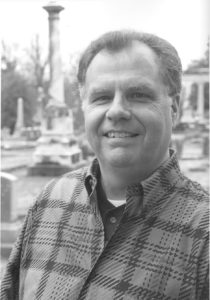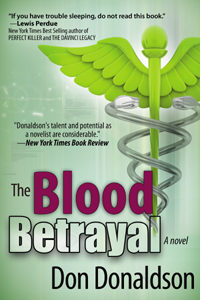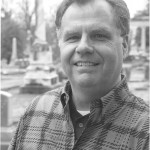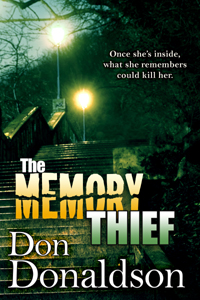 BEGINNINGS
BEGINNINGS
I love to watch movies about how famous people got their start, especially singers. The other night I saw a TV rerun of WALK THE LINE, the biopic about Johnny Cash. There’s something fascinating about how he barged into Sam Philips’ recording studio in Memphis and talked the man into giving him an audition. Cash and his two buddies do a gospel song for Philips and he’s obviously not very interested. When they finish, Philips says, “I can’t sell gospel music. Got anything else?” That’s the big turning point. Philips didn’t say Cash couldn’t sing. He wanted to hear something different. Now, I’m on the edge of my seat. What did Johnny Cash do next? He sang a little song he wrote himself, FOLSOM PRISON BLUES. And that sealed the deal. By the way, Joaquin Phoenix played Johnny Cash and really sang the songs himself. Amazing.
My interest in big breaks that launch careers isn’t limited to singers. It also extends to writers (big surprise). The story about how Stephen King sold his first book sounds as though it was scripted for dramatic effect. As many of you may know, his first novel was Carrie, a tale of a bullied young girl with telekinetic powers who takes revenge on her tormenters. Initially, he wrote three pages of what was intended to be a short story, then believing it was no good, tossed the pages away. His wife later took them out of the trash, read them, and encouraged him to develop the story into a novel. After thirty publishers rejected the book, Doubleday picked it up for a modest advance. The hardcover sold only 13,000 copies, but the paperback rights went for $400,000, half to King, half to Doubleday. The sale of this book rescued King and his wife from a barely solvent existence. For more details on all this, see http://mentalfloss.com/article/53235/how-stephen-kings-wife-saved-carrie-and-launched-his-career
I also like to hear stories about how people met their spouses. Here’s mine. I first saw my future wife when my family traveled from our home in Toledo, Ohio, to Jacksonville, Florida, for my uncle’s wedding. At the home of the bride to be, I was introduced to her incredibly gorgeous younger sister, Lois. This dazzling girl was dressed in a sparkling white blouse and white shorts. On the floor was a toddler eating some kind of soft candy that he had smeared all over his fingers and face. Suddenly noticing that his mother had left the room, the toddler began to cry. Thinking only about the welfare of the little boy, Lois picked the child up in her arms to comfort him. This of course soon led to the toddler smearing candy all over Lois’s white blouse. And Lois didn’t mind at all! I knew then that this girl was also beautiful on the inside.
For several years we communicated with each other by letter and phone calls (this was long before the invention of texting and Skype). Then, for a variety of reasons, (rigors of college mostly) I stopped writing. One day I received a card from Lois. On the front it said, I’D LIKE TO GET ON YOUR GOOD SIDE. Inside, it read, IF YOU HAVE ONE.
Over fifty years later, I still admire her for choosing that card. She humbled herself by letting me know she was still interested, but also, at the same time, managed to stick it to me.
In thinking about how people meet, I’m reminded of Carl and Beth, the two lead characters in my medical thriller, THE BLOOD BETRAYAL. (Yes, we’ve now come to the commercial portion of our program) Anyway, I’m willing to bet that no two people ever met in a more unusual manner than those two.
I can imagine Carl relating the story to one of his grandkids.
“Tell me how you and Grandma met,” the boy says to Carl. Carl smiles, thinks back, and shakes his head. “Well, I was driving away from this little town where I’d just upset the local doctor so bad that I was sure he wanted to kill me. Then the craziest thing happened.”
“What?” the boy asks.
Carl reaches for a book and hands it to his grandson. “It’s all in here, my boy. And better understood if you read about it yourself.”
I’d tell you more, but I agree with Carl that you should read the book for yourself and not depend on someone like me to interpret it for you. (Although if you were going to rely on a guide through it, I’d probably be a good choice.)
-Don Donaldson
THE BLOOD BETRAYAL is on sale for just $1.99! Grab it today!








